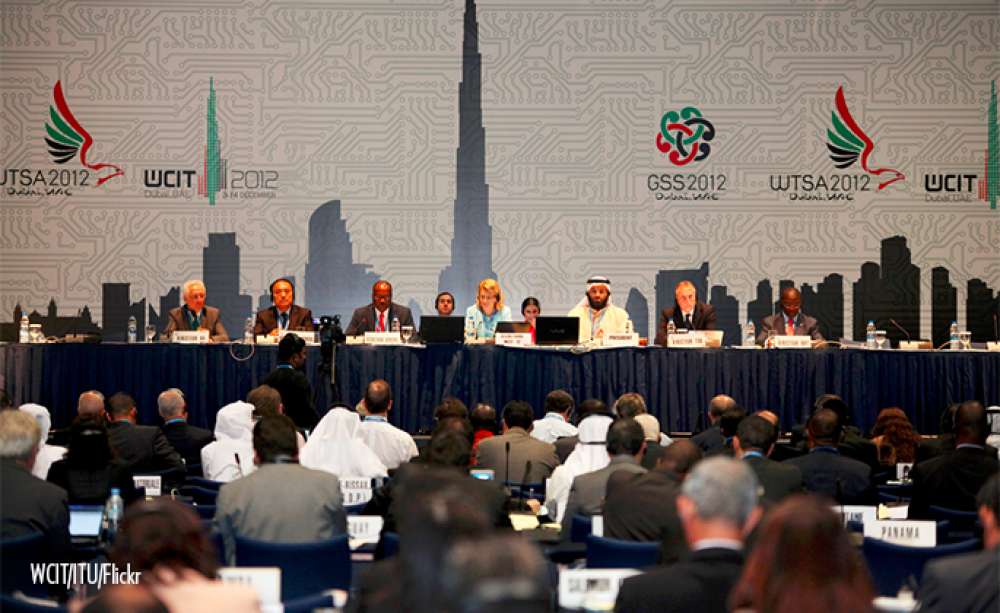Tipping the Scale
An Analysis of Global Swing States in the Internet Governance Debate

In December 2012, numerous news outlets reported on the debate over Internet governance that took place at the World Conference on International Telecommunications (WCIT) in Dubai. It was the first time in nearly a decade that the topic attracted major international media attention. The conference ended in diplomatic éclat with 89 states signing the new International Telecommunications Regulations (ITRs) and 55 publicly opposing them.
The WCIT demonstrated considerable state support for two different visions for Internet governance on the one hand, a bottom-up model driven by various stakeholders including civil society, private companies and governments; and on the other, a top-down model driven primarily by governments and with a central role for the International Telecommunication Union (ITU). As Internet governance continues to rise from low to high priority politics, the stakes will increase and tensions and disagreements will become more likely.
A key aspect of the post-WCIT discussion has centered on the role of “swing states” in this global debate. So far, most of this work has been based on predefined groups of countries such as India, Brazil and South Africa (the “IBSA” group) or focused on countries based on anecdotal evidence of a vibrant tech community or existing relationships, for example Kenya or Ghana.
The study discussed in this paper applied a more systematic approach, using the voting record at the WCIT. The research revealed some interesting patterns among certain groups of states. Based on this analysis, a core group of potential swing states — a total of 30 countries — are identified based on their voting behavior at the WCIT, their various memberships and a range of relevant indicators. This list offers a road map for future in-depth studies. Ideally, it will also serve as a resource for practitioners and academics alike for comparison with current efforts and for future strategic planning that focuses on engaging other actors internationally.
To read the full paper, please visit the CIGI website ↪ .







